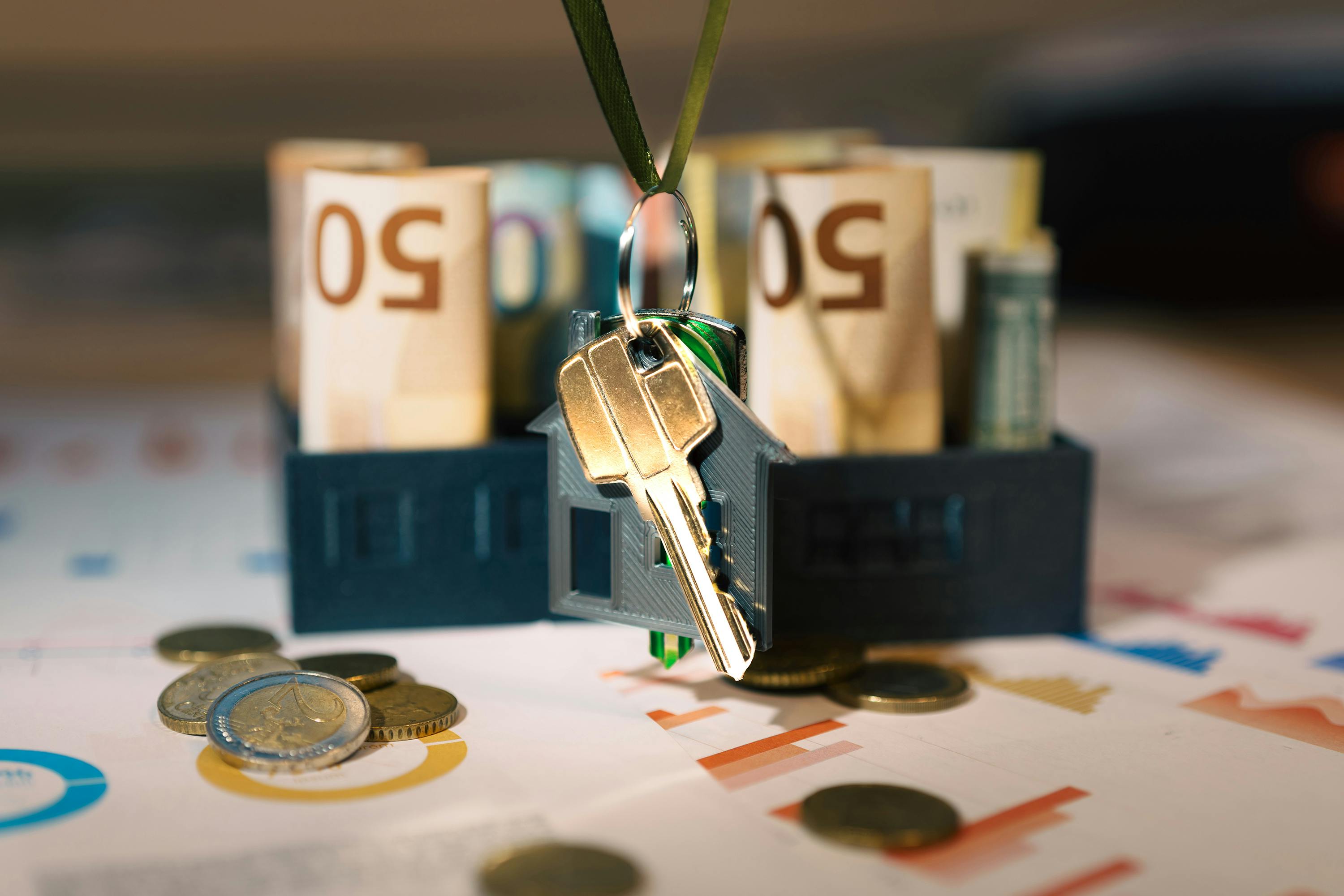Landlord or Operator? How to Decide Your Next Hospitality Investment Role

Investing in hospitality can be rewarding — but before the first plate is served or the first pint is poured, you need to decide:
Are you going to own the building, run the business, or both?
At Premier Utilities, we’ve done it all — from leasing venues to operators, to running our own cafés, bars, and restaurants across the region. Here’s what we’ve learned about choosing between being a landlord, an operator, or a hybrid owner-operator, and what you should consider before jumping in.
🔹 1. The Landlord Model: Own the Asset, Lease the Business
Who it’s for:
- Investors focused on property appreciation
- Those who prefer a passive income model
- Buyers with limited time or hospitality experience
How it works:
You buy a commercial unit and lease it to a hospitality operator (like a café, bar, or restaurant). You collect rent, maintain the structure, and possibly offer fit-out contributions — but you don’t run the day-to-day business.
Pros:
✅ Lower time commitment
✅ Predictable rental income
✅ Capital growth if property value increases
✅ Spread risk across multiple tenants/units
Cons:
⚠️ Less control over brand or guest experience
⚠️ Dependence on operator’s success
⚠️ Vacancy risk if tenant exits
🔹 2. The Operator Model: Run the Business, Lease the Premises
Who it’s for:
- Experienced restaurateurs or hospitality managers
- Entrepreneurs wanting full control
- Operators with strong concept and brand vision
How it works:
You lease a unit and run the business inside it. You don’t own the building, but you own the brand, customer experience, and profits (or losses).
Pros:
✅ Full control of the offering
✅ Lower upfront capital than buying a property
✅ Flexible to expand quickly via leases
Cons:
⚠️ Monthly rent overhead
⚠️ Limited control over the physical property
⚠️ Lease terms may restrict changes, signage, or subleasing
🔹 3. The Hybrid: Own and Operate
Who it’s for:
- Long-term investors with hospitality experience
- Brand builders who want full control and asset ownership
- Those interested in building a group or portfolio
How it works:
You purchase the property and run the business. You gain control over every element — from menu to mortgage.
Pros:
✅ Build brand equity and asset value
✅ Total control over premises and operations
✅ Maximise profit potential (no rent paid to a third party)
Cons:
⚠️ High upfront cost
⚠️ Operational risk is 100% yours
⚠️ Harder to exit one side of the business without selling the other
🔹 4. Key Questions to Ask Before You Decide
✅ How hands-on do you want to be?
✅ What’s your appetite for operational risk?
✅ Do you want income, capital growth, or both?
✅ Are you building a brand or building wealth?
🔹 5. How We Do It at Premier Utilities
We operate a mixed model across our hospitality ventures.
In some locations — like our cafés and Bodega 1830 — we own and operate. In others, we lease from trusted landlords or partner with operators who align with our vision.
This flexibility allows us to:
- Scale without overstretching
- Stay agile in new markets
- Maximise return across both property and operations
Final Thought: There’s No One-Size-Fits-All
Whether you're eyeing your first unit or growing a hospitality portfolio, the key is understanding what you're best suited for — and what risks you're prepared to take on.
Still not sure which model fits your next move?
Talk to our property or hospitality team — we’ve walked all three paths, and we’re happy to share what’s worked (and what hasn’t).
Premier Utilities — powering hospitality, payments, and property across Ireland since 2007.
